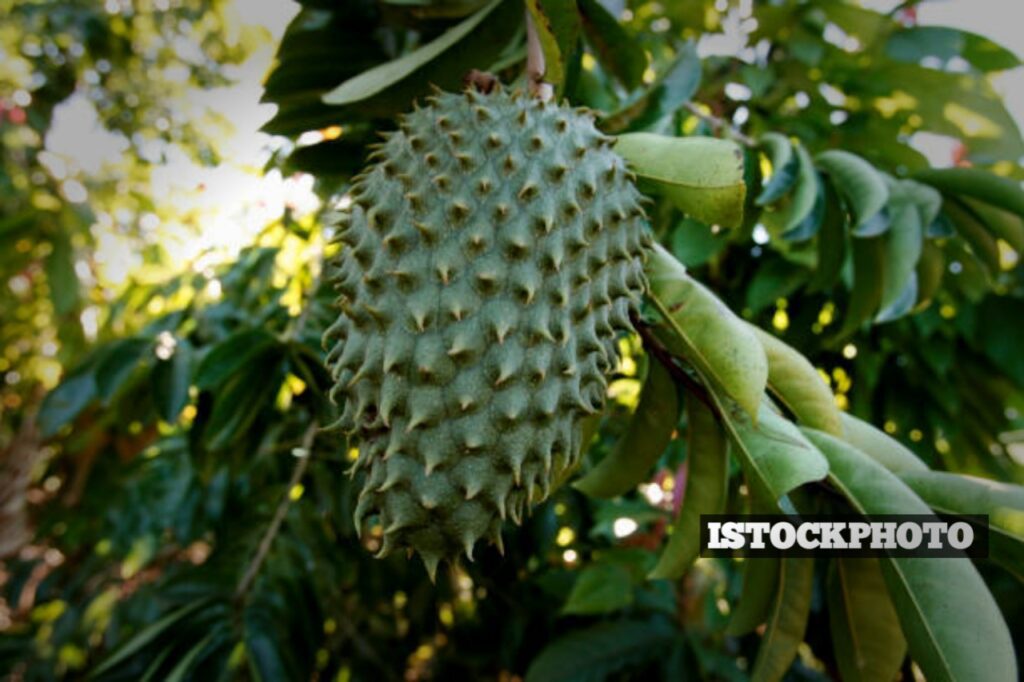Soursop, which is also known as Graviola or Guanabana, is the fruit of Annona muricata. Soursop is a tropical fruit that is native to South American countries like Mexico, Brazil, Cuba, Peru, and Venezuela. It is also cultivated in Southeast Asia, the Pacific, and North Africa.
Soursop Leaves and Menstruation
Soursop actually has a number of health benefits, just like most other fruits found in the tropics. Yes, it can be of great nutritional importance, but can soursop really help regulate menstruation? This article is basically about soursop and menstruation. Are these myths true? Does it work? Well, that might not be answered directly, but I assure you that you will eventually get what you’re looking for in this article.
The major nutrients contained in soursop include Vitamin B1, Vitamin B2, Vitamin B3, Vitamin C, Folate, Calcium, Iron, and Potassium. Studies have suggested that women with high intakes of vitamin B1 (also known as thiamin) and vitamin B2 (also known as riboflavin) have lower rates of PMS compared to women who consume lower quantities of these nutrients.
Premenstrual syndrome, or PMS, is a group of symptoms that occur in women, typically between ovulation and a period. The cause isn’t fully understood but likely involves changes in hormones during the menstrual cycle. So technically, by eating foods rich in these two B vitamins, you may be able to reduce your PMS symptoms. Other nutrients like calcium and iron can help regulate menstruation in some way. Another study found that after 3 menstrual cycles, an increase in calcium via supplements reduced core PMS symptoms and other negative effects like water retention, food cravings, and pain in the luteal phase of the cycle.
Benefits of Soursop
Aside from helping to regulate menstruation, soursop also has other nutritional benefits, which include,
It’s High in Antioxidants
Soursop contains some amount of antioxidants, which is extremely beneficial as this property protects cells from the damage caused by free radicals (unstable molecules made by the process of oxidation during normal metabolism). Free radicals may play a part in cancer, heart disease, stroke, and other diseases of aging.
It May Help Kill Cancer Cells
It may help kill cancer cells, but that doesn’t mean it can cure cancer. There are different reasons why soursop can’t cure cancer but can be helpful.
- Cancer is not one disease. There are over 200, probably a thousand, different diseases. They each have different etiologies, different pathophysiologies, and different treatments.
- There will never be one cure to cure all cancers. That is a ridiculous claim of the pseudoscience/magical thinking world.
- There is no evidence that soursop fruit can treat or “cure” any cancer. This must be shown in large clinical trials that are published in respected, peer-reviewed biomedical journals.
- Even if some active ingredient in soursop fruit had anti-cancer characteristics, it would need to be isolated and a method developed to deliver the active ingredient to the cancer. because anything that kills cancer will almost certainly kill healthy human cells.
It Can Help Fight Bacteria
Soursop has antibacterial properties. Vitamin C, which is one of the major nutrients, can be of great help in fighting bacteria. It is known that several bacteria can ferment vitamin C, whereas the presence of this vitamin exposes others to oxidative stress, which may result in bacterial growth inhibition. The potent antibacterial effects of vitamin C are, at least in part, due to its low pH and thus milieu-modifying properties.
It Could Reduce Inflammation
Soursop also has components that can reduce inflammation. Soursop contains Vitamin C, and Vitamin C, like Vitamin D, is an essential vitamin that plays a huge role in immunity and inflammation. It’s a powerful antioxidant, so it can reduce inflammation by neutralizing free radicals that cause oxidative damage to your cells.
[starbox]



